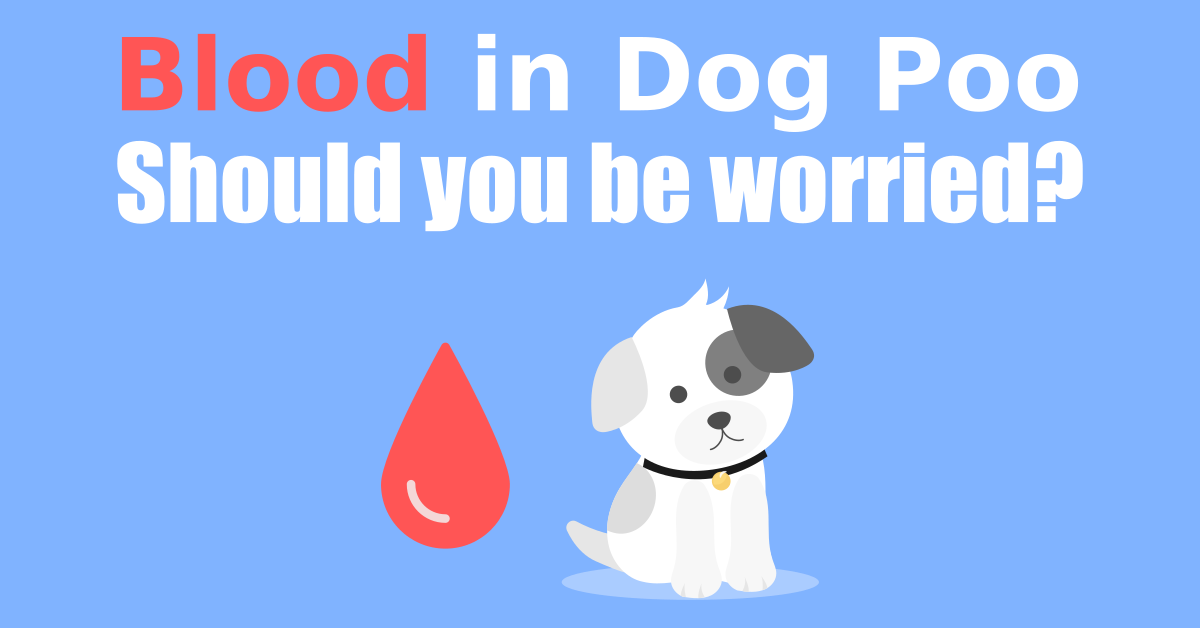Blood in dogs poop, should you worry?.
The short answer: its most likely nothing to worry about, but, you should visit your vet to make sure.
What are the common Causes of Bloody in dog poop?
We have compiled a list of the most common causes of bloody diarrhoea in dogs.
This list is in no particular order and the issues range from mild to severe.
21 causes of blood in dog poo:
- Hemorrhagic GastroEnteritis (HGE)
- Changes in Diet causing blood in dog poop
- Inflammatory Bowel Disease (IBD)
- Hookworms
- Whipworms
- Roundworms
- Parvovirus and blood in dog poo
- Toxins causing blood in dog poo
- Anal Gland Problems
- Straining to Defecate causing bleeding
- Cancer
- Ulcers causing blood in poo
- Side-Effects from Medications(diarrhoea & blood)
- Pancreatic Disease causing blood in poo
- Liver Disease and blood in diarrhoea
- Kidney failure causing blood in poo
- Addisons disease and blood in poo
- Blood clotting disorders
- Post-Surgery Complication
- Rectal Injuries causing blood in stool
- Stress resulting in blood in dog poop

Hemorrhagic GastroEnteritis (HGE)
Thought to occur by abnormal responses to bacteria or a hypersensitivity to food.
HGE can be fatal in dogs if not treated.
Most common in young adult dogs of any breed. Breeds that are most at are toy poodles and miniature schnauzers.
Repeated vomiting, followed by depression and bloody diarrhoea that has a foul odour.
If you notice these signs then you should IMMEDIATELY visit the vets. In some cases HGE progression throughout the body is so fast that death can occur within 24 hours.

Changes in Diet causing blood in dog poop
Sometimes found in young puppy dogs when changing from soft foods to more solid foods as they get older.
In reality though any change in a dogs diet at any time could be a cause.
One of the first question your vet will ask while diagnosing your dog is if you have changed food.
Check to make sure they have not got into any bins or any areas they shouldn’t be getting into. Foreign objects trapped in the digestive tract could lead to bloody diarrhoea.

Inflammatory Bowel Disease (IBD)
The cause of IBD in dogs is somewhat of a mystery. The syndrome occurs by a reaction to chronic irritation of the intestinal tract.
Dogs that suffer from IBD have a history of vomiting and diarrhoea and may also have a poor appetite.
The symptoms occur when your dogs intestine becomes invaded by inflammatory cells.
The inflammation then has an effect on the ability to digest and take in nutrients
Intestinal Parasites causing blood in stool
These parasites live in the digestive system of your dog. Your dog can contract these parasites by consuming eggs from food, water, poo and soil.
The main intestinal parasites that could cause blood in dog poop are:
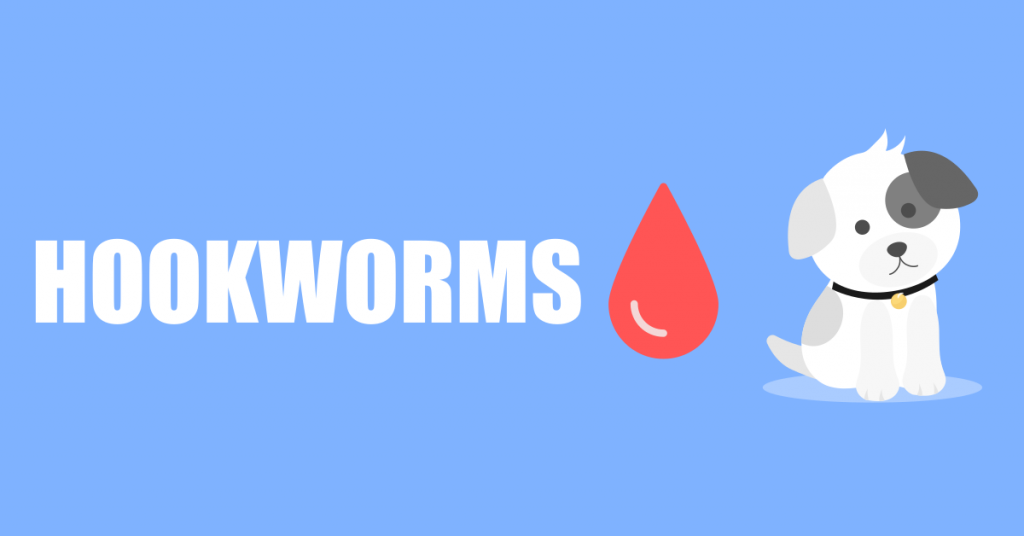
- Hookworms
Hookworms attach to the lining of the intestinal wall and feed from the dogs blood. Feeding on blood inside your dog can cause internal bleeding and haemorrhages.
Hookworms can be fatal in young dogs who may need a blood transfusion.
In older dogs hookworms can cause blood dog poop and weight loss.
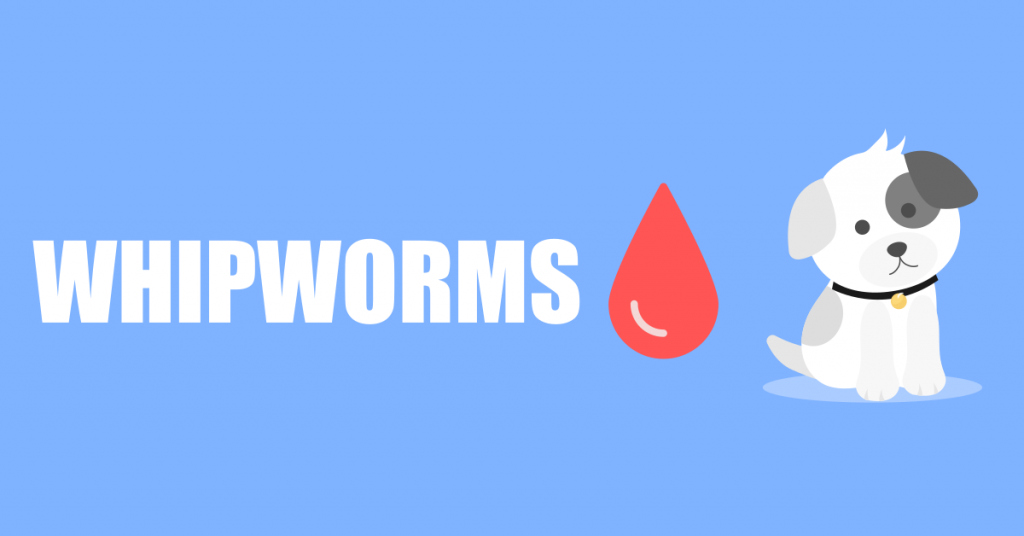
- Whipworms
Whipworms can be one of the most severe intestinal parasites for dogs. Causing extreme irritation to the lining of the intestines.
Whipworm causes blood in dog poop as well as weight loss and general illness.
One scary fact is that the eggs from whipworms can survive for up to 5 years outside.
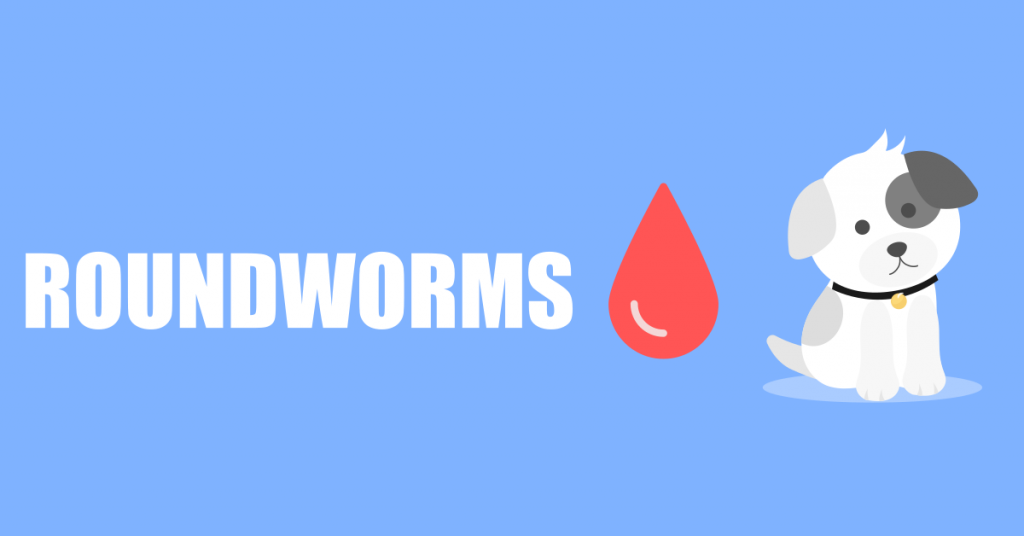
- Roundworms
One of the most common intestinal worms found in dogs is roundworms.
These are also one of the biggest parasites measuring several inches long.
Less likely to cause blood in your dog’s poop. Roundworms prefer to feed on undigested food in the intestinal tract.
Roundworms should be more of a concern in puppy dogs as their immune system might not be as strong as an older dog.
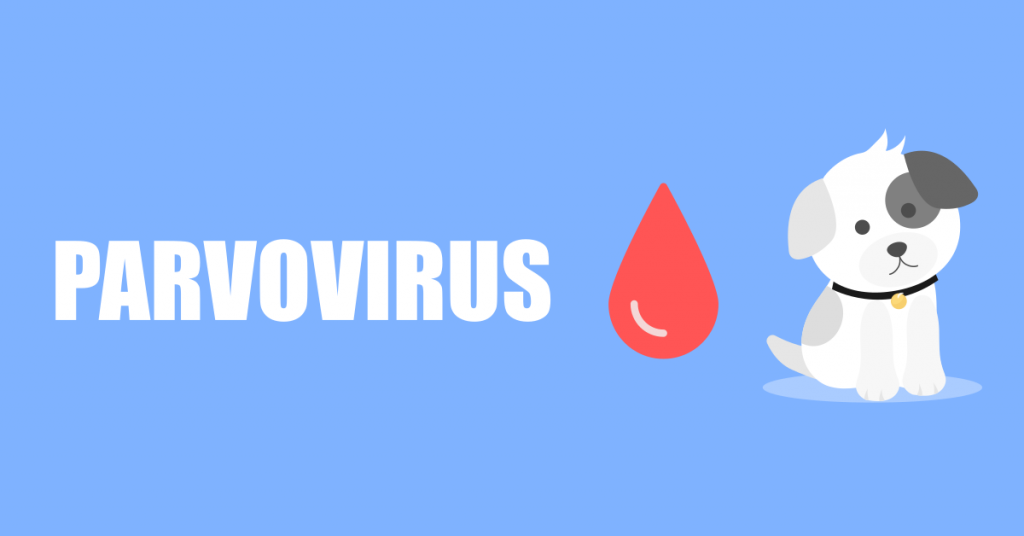
Parvovirus and blood in dog poo
Parvovirus is a serious condition found in young puppy dogs between the ages of six weeks and six months.
Parvo is contagious transmitted by contact with an infected dog or infected dog poo.
Internal bleeding caused by Parvo can cause blood in dog poop that has a foul odour. The blood can also turn black and tar like.
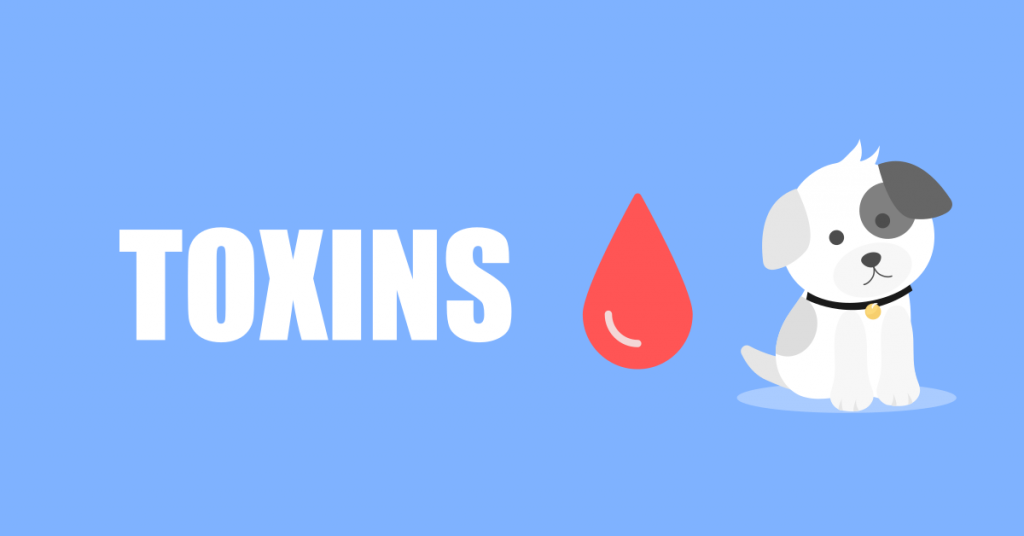
Toxins causing blood in dog poo
Toxins that can induce blood in dog poop can come from external or internal sources.
External sources such as rat poison and slug repellent can cause internal bleeding.
Internal sources of toxins come from bacteria that resides in the digestive tract. These bacteria can start producing a toxin called netF.
Behaviour change and diarrhoea can be symptoms of toxins in your dog. If you suspect your dog of suffering from exposure to toxins you should consult your vet asap.
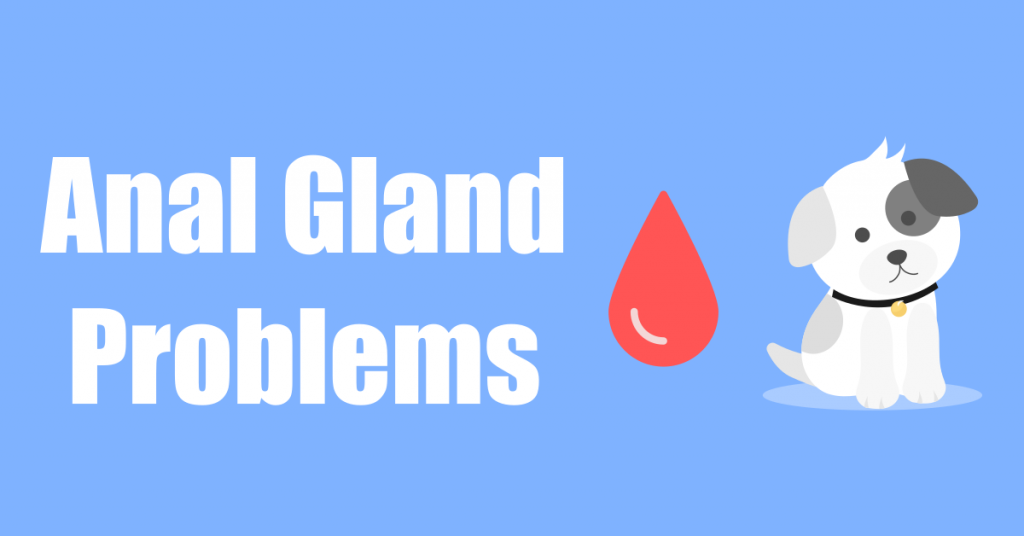
Anal Gland Problems
Less likely to cause diarrhoea but known to cause blood in the dogs stool are problems with anal glands.
Anal glands can become swollen when a blockage occurs an impact can cause blood in the stool.

Straining to Defecate causing bleeding
Straining to defecate can be a sign of colitis. Colitis is a name for inflammation of the dogs large intestine or colon.
Bright red blood will appears, usually at the end of the dogs’ poo.
Diagnosis of the condition occurs via microscope of the dogs stool sample.

Cancer
Consistent and large amounts of blood in a solid poo or diarrhoea can be a sign of something more serious.
There are several types of cancers that can infect the dogs digestive system.
Tumours in the intestine can cause bloody dog poop.
Large amounts of blood on a regular basis in your dogs poo should alert you to an issue. You should aim to see a vet as soon as possible.

Ulcers causing blood in poo
Ulcer symptoms include weight loss, lack of appetite, vomiting, and bloody dog poop.
Gastric ulsters can occur because of a variety of reason. Major trauma, inflationary diseases such as IBD are some top causes.
Treatments for ulcers are antacids, a bland diet, and gastro-protectants such as sucralfate. Again if you suspect ulcers could be the cause of your dogs bloody poop then please seek the advice of a vet.

Side-Effects from Medications(diarrhoea & blood)
Less likely to cause blood in the diarrhoea medication can have a diarrhoea side effect on your dog.
Medications that can cause diarrhoea include, NMDA receptor blockers and non-steroidal anti-inflammatories.

Pancreatic Disease causing blood in poo
Pancreatic disease interrupts the digestive process of your dog. Pancreatitis can cause blood in your dogs poop. Other symptoms’ diarrhoea, loss of appetite, dehydration, vomiting and weakness.
Luckily most dogs will recover from pancreatitis after the appropriate supportive treatment.
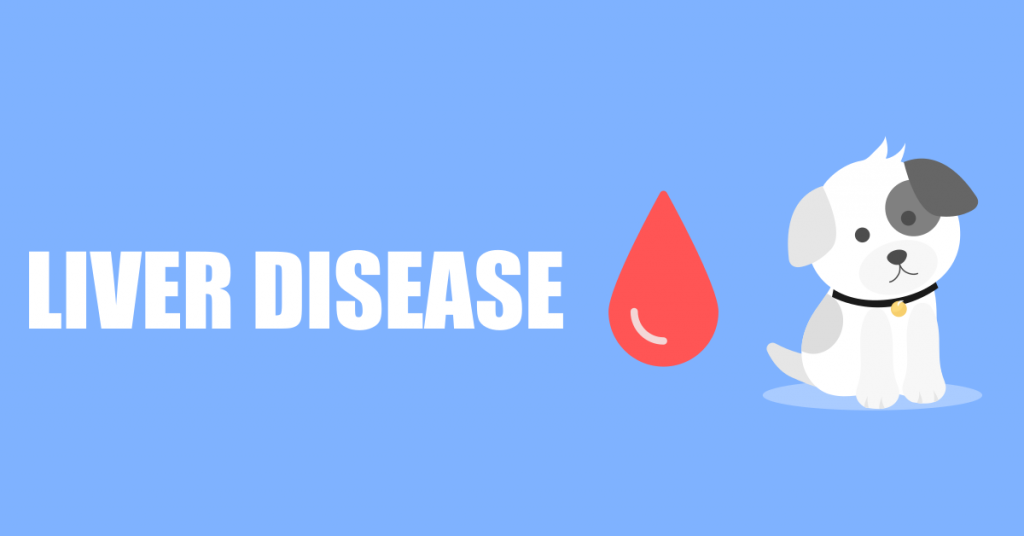
Liver Disease and blood in diarrhoea
Yellowish eyes, tongue, or gums can be a sign of liver disease. Other symptoms include weakness, lack of appetite and blood in the dogs poop.
Before reaching a terminal point liver disease can is treatable.
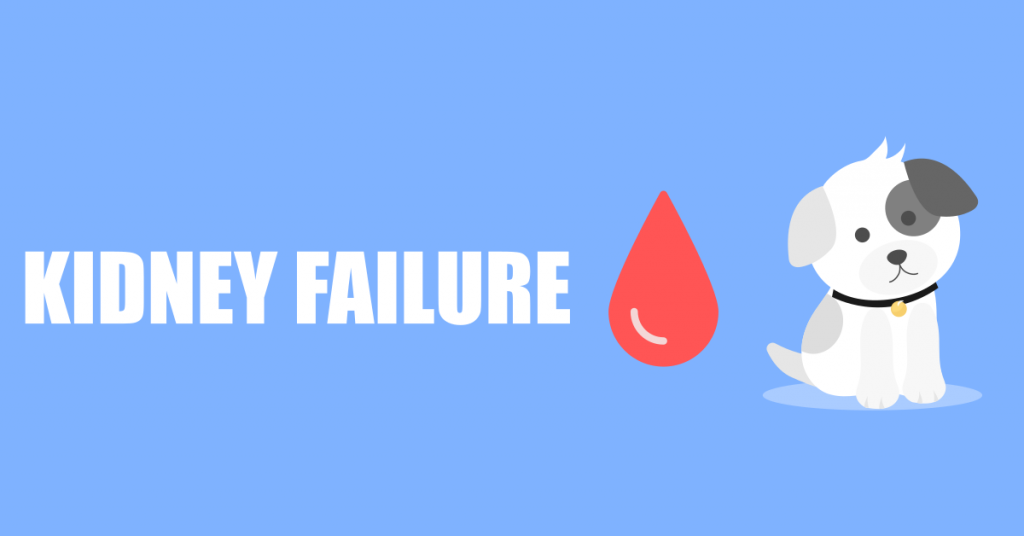
Kidney failure causing blood in poo
Common signs of kidney failure in a dog are increase or a decrease in urinating as well as diluted urine. Stomach or intestinal ulcers caused by kidney failure can result in bloody diarrhoea.
Without treatment kidney failure is fatal. Kidneys are essential to removing toxins from your dogs body.
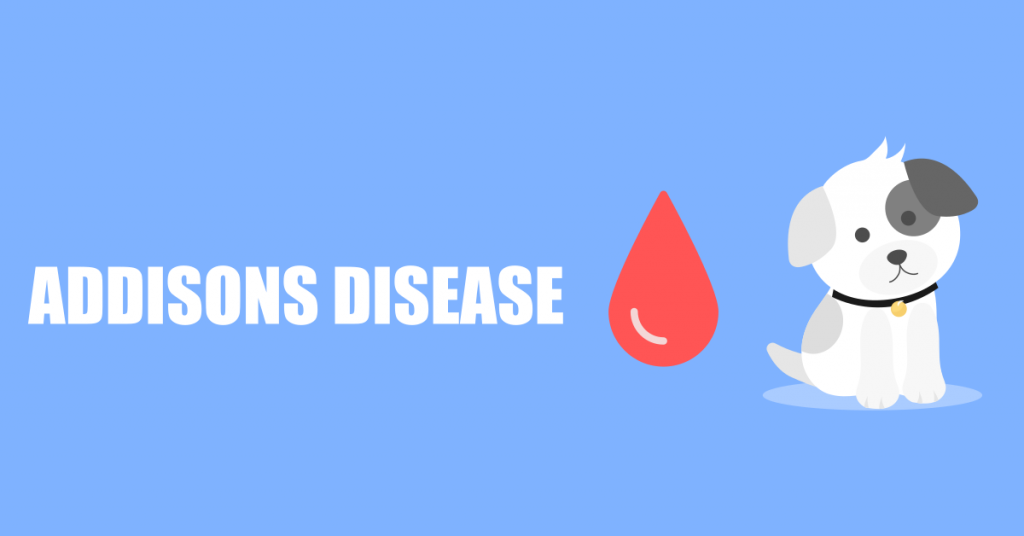
Addisons disease and blood in poo
Addisons disease is a hormonal disorder caused by problems with the adrenal glands. The disease can cause drowsiness, vomiting, lethargy and bloody diarrhoea.
Treatment for Addisons disease is effective for curing the issues.
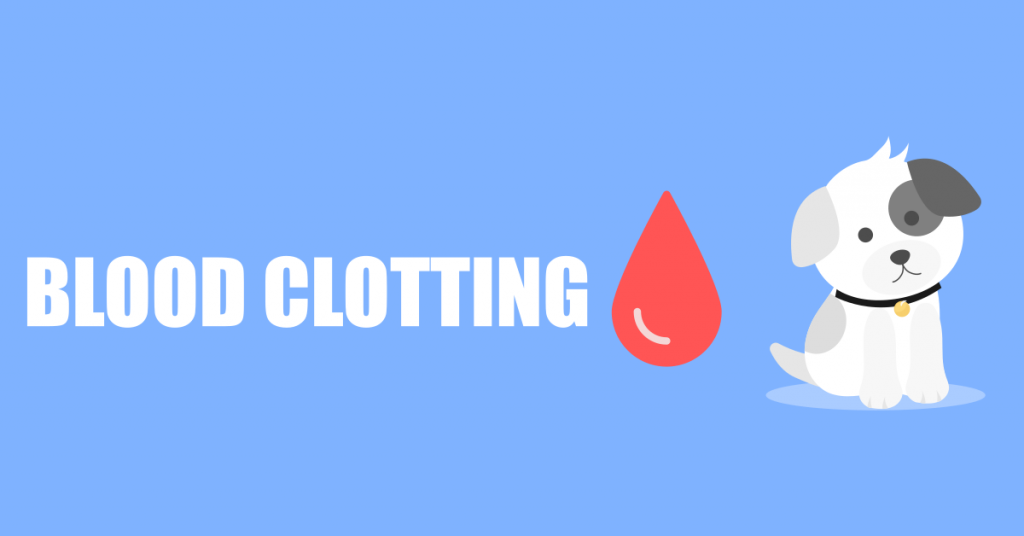
Blood clotting disorders
Von Willebrand’s disease (vWD) is the most common blood clotting disorder in dogs. vWD causes fatigue, coughing up blood and blood in dog poop.
The disorder occurs when there is a lack of production of the von willebrand protein. This protein is usually circulated in the blood to protect the site of a cut against infection.
vWD is a serious health condition in both humans and dogs and may result in the need for a blood transfusion.

Post-Surgery Complication
If your dog has had an operation and has bloody diarrhoea there could be a few causes.
An adverse effect to the medication or anaesthetic can cause blood in their stool.
Trauma or internal injury as a complication to a surgery could also be the cause.
Whatever the suspected cause your vet should know asap.

Rectal Injuries causing blood in stool
Injuries to the dogs anus area internal or external can cause blood in the stool.
If your dog is licking around the anus or you can see any wounds this could point to an external injury. Internal injuries could result in scaring and ulcerations of the internal tissue.
If your dog has had an injury and passes blood you should immediately make contact with your vet.

Stress resulting in blood in dog poop
Stress and a harmful environment can cause emotional and physical issues in dogs. Ulcerations and inflammation occur as a result of a stressful environment.
Dogs suffering with high stress sometimes have dilated fast blinking eyes. Dogs under stress can display erratic and jumpy behaviour.
Daily exercise, improved diet and physical stimulus will help to relieve stress.

